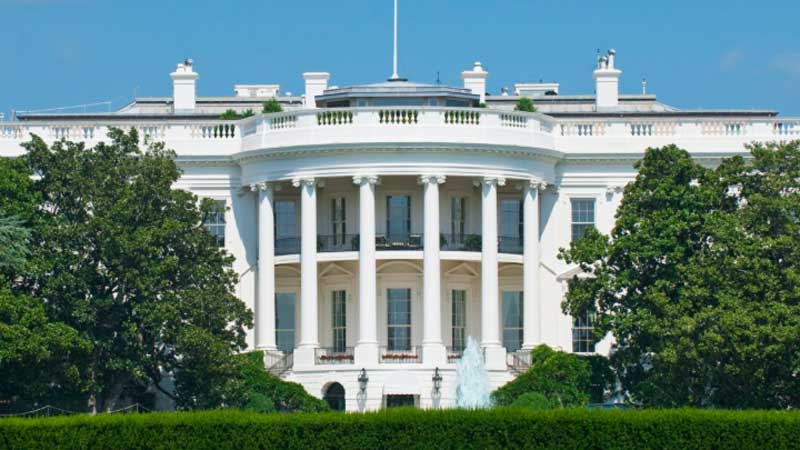×
The Standard e-Paper
Fearless, Trusted News

Abd Ar Rahman bin Muhammed ibn Khaldun, in The Muqaddimah, wrote that a nation that comes under the rule of another nation quickly perishes. A nation that loses control of its affairs becomes the instrument of others and dependent on them. It becomes the victim of anyone who tries to dominate it, and prey to anyone who has the appetite.